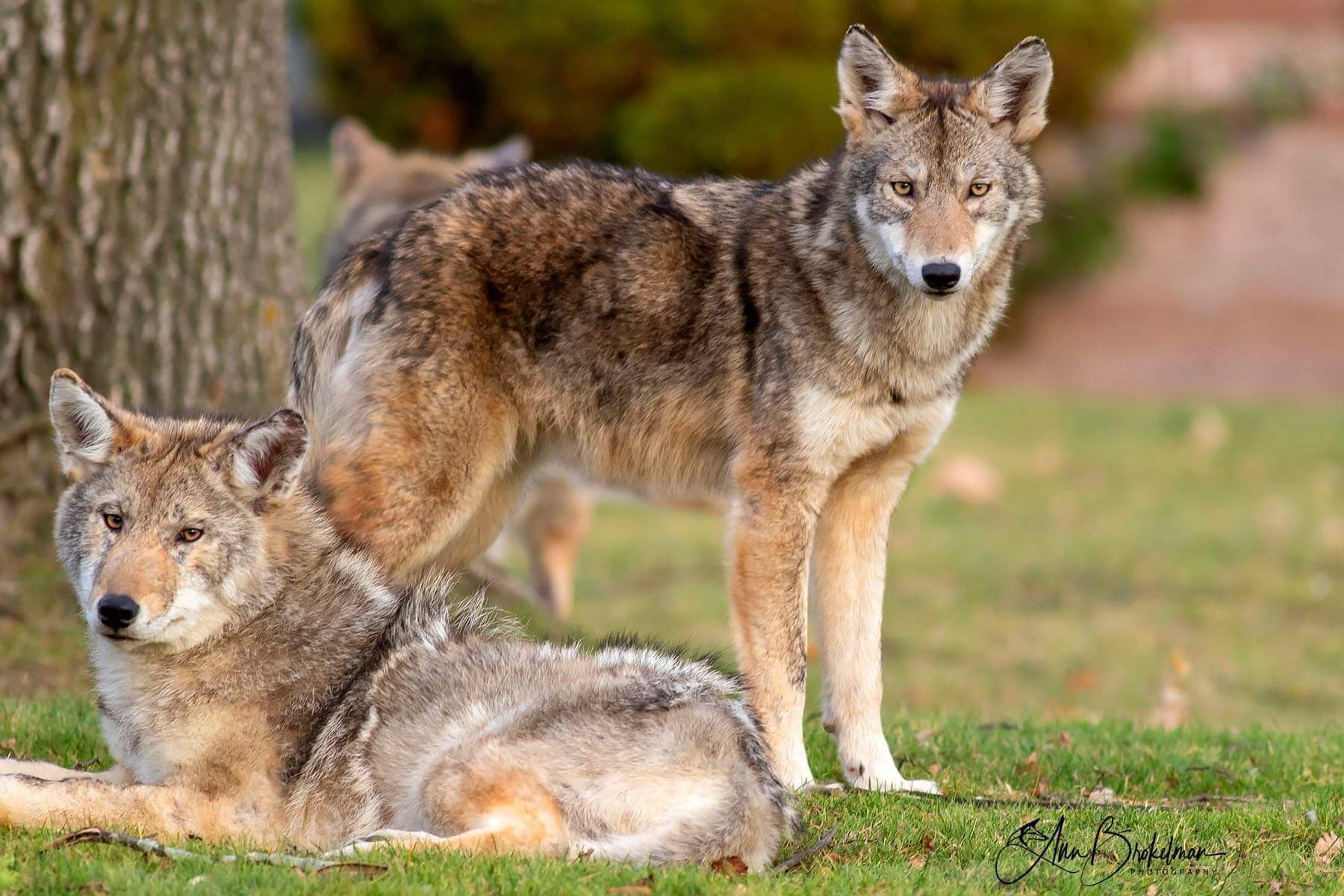
This article was prepared by our friends at TheFurBearers.com.
The Ontario Government has opened a public consultation on proposed changes to trapping regulations. The proposed amendments involve changing the design of restraining snares (also known as “relaxing cable restraints”).Click here to access the consultation webpage
Restraining snares are wire loops that are used in Ontario’s commercial fur industry to trap and restrain coyotes and wolves. These snares tighten over these animals’ necks and hold them in place, before they are killed by the trapper. They are also used by farmers to trap coyotes or wolves on their properties.
The ERO outlines the proposed amendments would change the technical specifications of restraining snares:
"The ministry is proposing to increase the breakaway device rating from 122.5kg or less to 158.8kg or less and decrease the minimum cable loop diameter from 8.9cm to 6.4cm. All other existing RCR design specifications prescribed by the regulations would remain unchanged.”
The province states that the changes are to align regulations with research findings to allow non-target species (e.g. farmed animals) to break the device unharmed. It also writes that the purpose for reducing the snare loop diameter is because trappers have raised concerns about fur pelt damage under the current regulations.
The Fur-Bearers asked the province for its ‘research findings’ that support this change and it responded with a pdf of a ‘best trapping practices’ document published by the Fur Institute of Canada, a fur industry lobby group that promotes trapping. This document does not cite any research or peer-reviewed science to support its recommendations on relaxing cable restraints specifications. The Fur-Bearers requested the research that is informing this document, but the province has not responded. We will update this post if we receive any additional information.
Ontario’s proposed amendments to restraining snares are problematic as no peer-reviewed research has been provided to support the change, they prioritize the interests of the commercial fur industry and the farming sector instead of the welfare of wild animals, and there is no consideration for the impact on animal welfare for the wildlife subjected to these devices as a result of these changes.
Take Action!
The Government of Ontario is accepting public comments until July 8, 2024. Make your voice heard today! How to take action:
- Click here to be taken to the consultation website. The link will open in a new window.
- Read the information on the webpage and click the blue button that says “Submit a comment”.
- You can sign in if you have an account. If you do not have an account, you can submit a comment anonymously by selecting the blue button that says “Comment without registering”.
- Enter your comments on the following page and click ‘Submit your comment’ to finish the process.
Submission Tips
It’s important to submit comments in your own voice, but here are some points that can help guide your submission:
- The province needs to publish the research findings it references on the ERO page so that the public can make informed comments on this consultation.
- Laws around trapping need to prioritize animal welfare and should be informed by current, peer-reviewed science, not guidelines created by the commercial fur industry.
- Relaxing cable restraints are not certified traps under the Agreement on International Humane Trapping Standards, which Canada is a party to.
- Killing and restraining snares should not be used to trap wildlife in Ontario as research has shown that they result in negative animal welfare outcomes for both target and non-target animals. Snares are not certified traps under the Agreement on International Humane Trapping Standards and should be prohibited in the province.
- Many countries around the world have banned snares entirely and it’s time for the province to end the use of these devices in Ontario as well.
- Farmers should be encouraged to use non-lethal, predator friendly farming methods instead of trapping wildlife.

